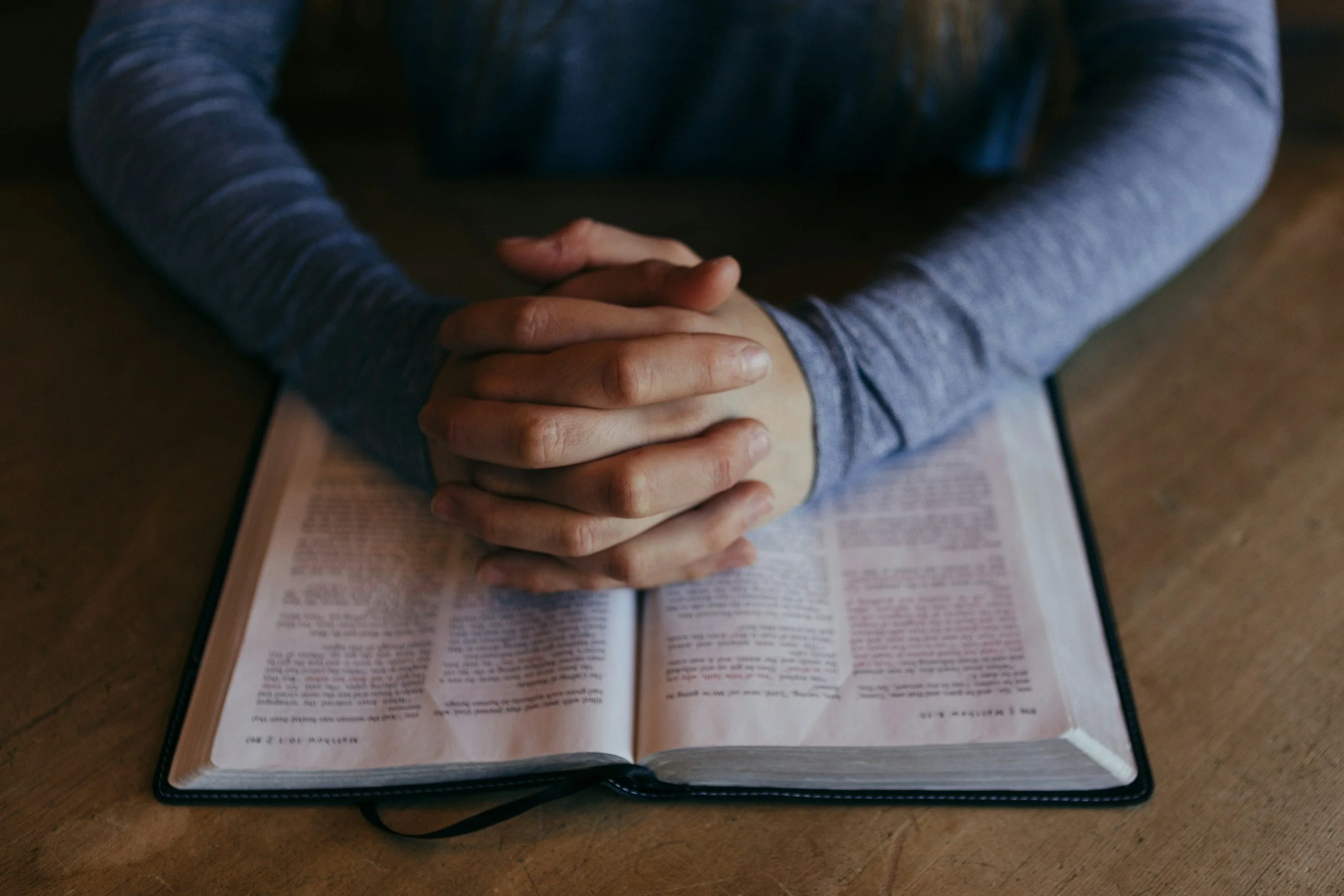Practicing Lament
written by Pastor Adam Jones, Lead Pastor of Open Door Church
LAMENT
Lord Jesus, our King, our hope, we long for your kingdom to come and your will to be done. You and your kingdom alone are the hope of the world.
Lord in your mercy hear our prayer.
We lament all forms of violence and dehumanization that strike our country and our communities in these days. We mourn with the families who have lost loved ones to violence all over the world.. We pray for the comfort of your Spirit upon these families.
Lord in your mercy hear our prayer.
We lament the prejudice that dehumanizes entire ethnicities, nationalities, and minorities as enemies and threats. We lament the prejudice that declares political tribes or persons as unreachable and unchangeable.
Lord in your mercy hear our prayer.
We lament our brothers and sisters who put their hope for the world faith in earthly nations and kings. We pray for forgiveness.
Lord in your mercy hear our prayer.
We lament those in power across the world who believe conquering is better than compassion
Lord in your mercy hear our prayer.
We pray for repentance Jesus, for your kingdom is near. May our political leaders repent and heed your call to peace. May our leaders use their words to build up rather than tear down. May they seek peace and the common good of all rather the power and wealth.
Lord in your mercy hear our prayer.
We pray that all in your church would turn to practicing and cultivating peace, and remember our call to love neighbor, love the foreigner, and love the enemy.
Lord in your mercy hear our prayer.
We pray for family members who do not know you, that they may come to understand your love and saving grace and that we might be messengers of your gospel to them as we share with them your goodness, mercy, and love.
Lord in your mercy hear our prayer.
Forgive us and any in the church who have chosen to use our words to curse those made in the image of God rather than bless.
Lord in your mercy hear our prayer.
May your church creatively plant and water seeds of love and hope in Christ wherever we find division and hate. May we never give in to despair but rather commit ourselves to the good work of love by the power of your Spirit.
Lord in your mercy hear our prayer.
Come Jesus come, may your church faithfully offer the love of Christ to those who suffer. And may we meet you among them.
Lord in your mercy hear our prayer. Amen.
The resources below offer more thoughts on the practice of lament during Lent.
Articles/Books
Leaning into Restlessness, https://bicus.org/2019/04/leaning-into-the-restlessness-of-good-friday/
The Purpose of Lament, https://michelecushatt.com/2023/02/28/a-lenten-experience-week-2-the-purpose-of-lament/
Lament in Lent: An Antidote for Individualism, https://www.churchtimes.co.uk/articles/2018/29-march/faith/faith-features/lament-in-lent-an-antidote-to-individualism
BOOK: Prophetic Lament: A Call for Justice in Troubled Times by Soong-Chan Rah Focuses on the book of Lamentations, advocating for the restoration of lament in worship to address systemic injustice and suffering.
Children, Youth, and Lament
Teaching Young People about Lament, https://fulleryouthinstitute.org/blog/teaching-young-people-about-lament-practical-ideas-from-8-innovative-ministries
Teaching Kids how to Lament, https://kidscorner.net/parent-blog/teaching-how-to-lament

